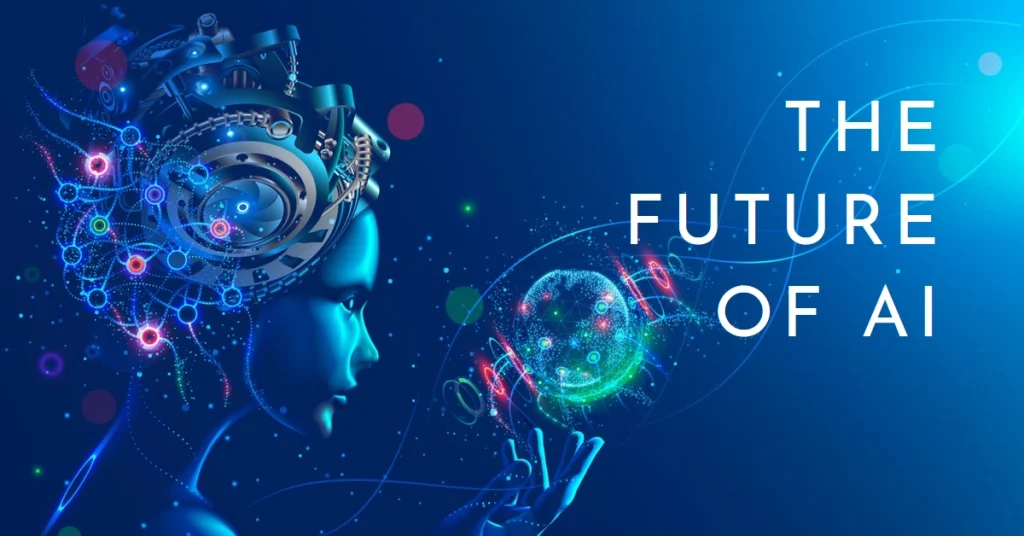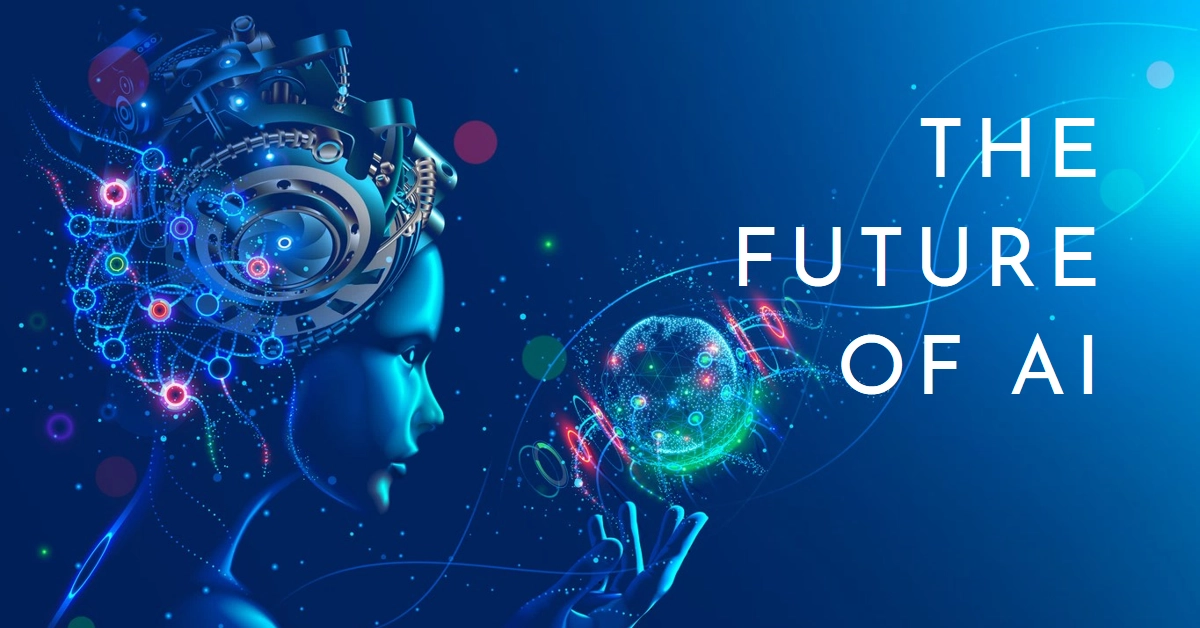Mark Zuckerberg, the head honcho of Meta, has ignited the AI world with his audacious plan to develop and share open-source Artificial General Intelligence (AGI). This groundbreaking ambition, announced in January 2024, promises to revolutionize how we live, work, and interact with technology, but also raises crucial questions about the ethical and societal implications of unleashing such potent technology.
Buckle up, for this is a journey into the uncharted territory of superintelligence, where the potential rewards and risks are equally staggering.

What is Artificial General Intelligence?
Imagine a machine that can not only learn and adapt but also think, reason, and understand the world around it as well as, or even better than, a human. That’s the essence of AGI. I
t wouldn’t be confined to specific tasks like current AI, but would possess a broad range of cognitive abilities, allowing it to tackle complex problems, generate creative solutions, and even experience emotions.
Zuckerberg’s Vision and Strategy
Zuckerberg’s vision for AGI is ambitious and idealistic. He envisions an open-source, democratically accessible tool that can benefit humanity in countless ways, from personalized healthcare and education to tackling climate change and exploring the universe.
To achieve this, Meta is investing heavily in research and development, amassing a staggering number of Nvidia’s H100 GPUs, and merging its existing AI research teams under the banner of “General AI.”
Challenges and Concerns
While the potential benefits of AGI are undeniable, the path forward is fraught with challenges and ethical concerns. The very nature of AGI raises questions about control and safety. Who will be responsible for ensuring its ethical development and use?
How can we prevent it from becoming harmful or even malicious? Additionally, the potential for job displacement and economic disruption due to AGI automation cannot be ignored.
Open-source AGI: A Pandora’s Box?
Zuckerberg’s commitment to open-source AGI is commendable, but it also opens a Pandora’s box of potential misuse. With the technology freely available, anyone, from benevolent researchers to malicious actors, could potentially access and manipulate it.
This raises concerns about cyberwarfare, weaponization, and the creation of autonomous AI systems with unpredictable consequences.
The Road Ahead: Navigating the Uncertain Future
Zuckerberg’s pursuit of AGI represents a pivotal moment in human history. While the potential rewards are immense, the journey is fraught with uncertainties and risks. To navigate this complex landscape, we must engage in open and transparent dialogue, involving policymakers, scientists, ethicists, and the public alike.
A robust framework for responsible AI development and deployment is crucial to ensure that this powerful technology serves humanity for good, not for harm.
A Call to Action
Zuckerberg’s bold vision for AGI has sparked a global conversation about the future of artificial intelligence. It’s a conversation that demands our active participation. As individuals, we must educate ourselves about AI and its potential impact on our lives. We must hold our leaders accountable for ensuring its ethical development and responsible use.
Ultimately, the future of AGI rests not solely in the hands of tech giants, but in the collective responsibility of all of us.
